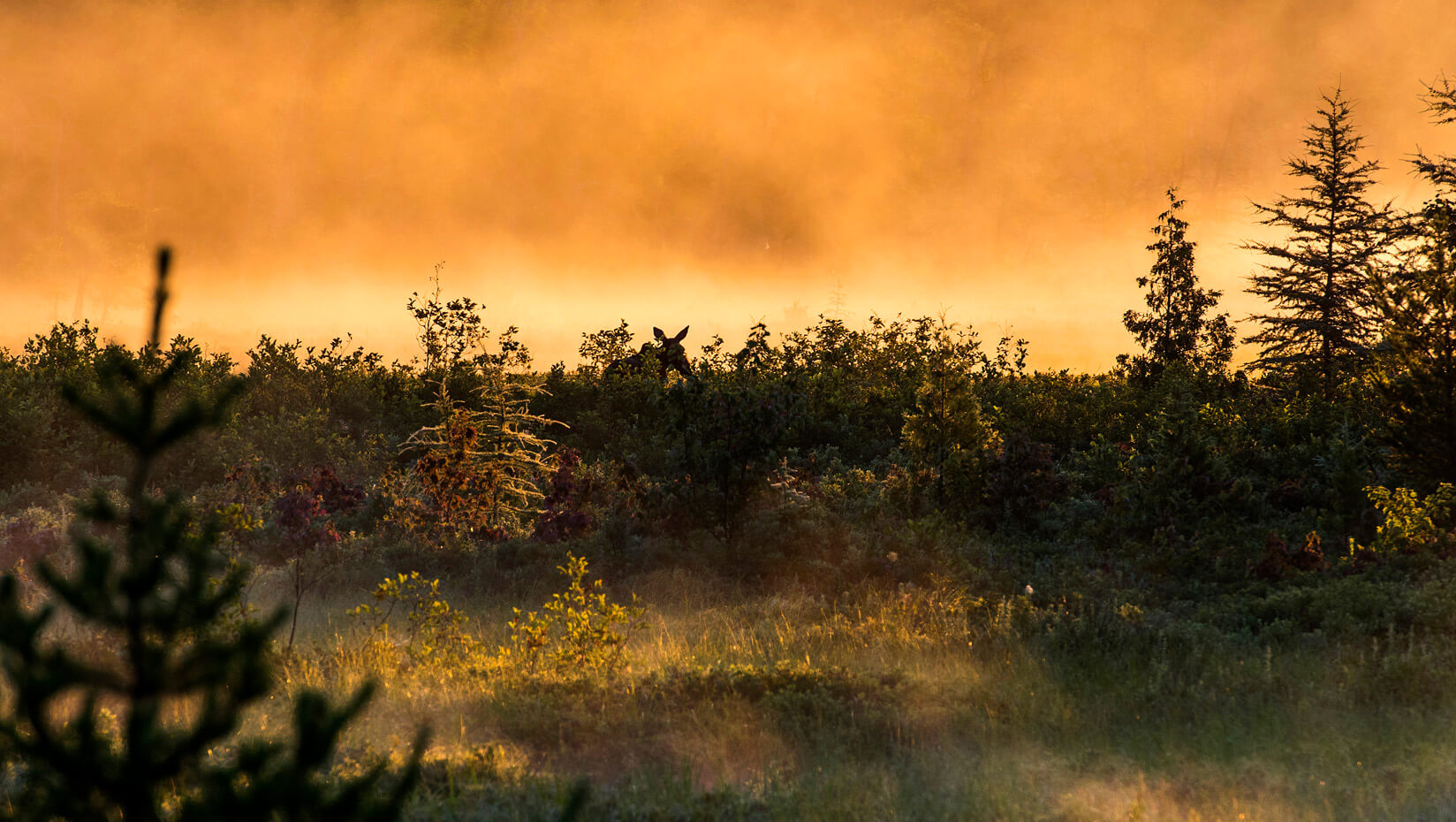
Researchers awarded $1.5M to examine spread of mosquito-transmitted diseases
A team of University of Maine researchers has been awarded $1.5 million from the National Science Foundation to examine the relationships among the spread of mosquito-transmitted diseases, perceptions of mosquito-borne disease risk and human travel, including domestic and international tourism.
The five-year project, “Coupled Dynamics of Tourism and Mosquito-Borne Disease Transmission in the Americas,” is being led by Allison Gardner, an assistant professor of arthropod vector biology, and Sandra De Urioste-Stone, an assistant professor of nature-based tourism.
The project aims to understand the role of human mobility in the dispersal of mosquito-borne viruses across a range of spatial scales. The team also will look at how infectious disease outbreaks influence the travel decisions of individuals and marketing strategies of tourism businesses, as well as how changes in human mobility in response to epidemics and marketing might alter outbreak paths — a potential feedback between the natural and human components of the system.
Travel of infected humans has the potential to spark global epidemics of mosquito-borne diseases, according to the researchers, who cite outbreaks in the Americas following the first detection of chikungunya and Zika viruses in 2013 and 2015, respectively.
“Human activities already have led to the globalization of many important disease vector mosquitoes,” Gardner says. “The range expansion of these mosquito species, combined with a degree of human connectivity unprecedented in human history, has created a landscape that greatly facilitates the emergence and re-emergence of arthropod-borne viruses.”
Using the introduction and spread of Zika and chikungunya in the Americas as case studies, the project will generate new scientific understanding of the coupled dynamics of mosquito-borne disease transmission and tourism.
“Our goal is to develop capabilities in management and analysis of ‘big data’ to create innovative spatial analysis platforms for modeling mechanistically how human movements drive disease transmission and spread. These models may inform rapid and effective public health responses to mosquito-borne disease outbreaks,” Gardner says.
The researchers will use epidemiological modeling and data science techniques to investigate the contribution of human movement patterns to mosquito-human interactions and to the spread of mosquito-borne viruses across regions. The team will use novel data streams such as geo-located mobile phone and social media data to characterize human mobility.
“It is important to understand how humans select and utilize diverse information to make travel and business decisions that might have an effect on disease transmission,” De Urioste-Stone says. “By using theories and methods from the social sciences, we will examine the role knowledge, attitudes, experience and trust in information sources play in influencing how travelers perceive the risk of contracting a mosquito-borne disease while traveling.”
The project also will offer interdisciplinary education and training opportunities in disease ecology, mathematics and geographic information science for undergraduates, graduate students and postdoctoral researchers. Meetings with public health and tourism stakeholders will seek to develop management strategies and actions to address mosquito-borne disease threats. The data sets developed as part of the project will be made public and accompanied by educational workshops, according to the researchers.
“Ultimately our goal is to interact closely with tourism and public health stakeholders to share the results from the study and inform decision making,” De Urioste-Stone says.
Brandon Lieberthal, a postdoctoral researcher in the School of Biology and Ecology at UMaine; and University of Illinois at Urbana-Champaign researchers Brian Allan, an associate professor of entomology, and Shaowen Wang, a professor and head of the Department of Geography and Geographic Information Science, also are involved in the study.
The project was awarded funding as part of the National Science Foundation’s Dynamics of Coupled Natural and Human Systems (CNH) Program. CNH supports interdisciplinary research that examines human and natural system processes and the complex interactions among human and natural systems at diverse scales.
More about the CNH program is online.
Contact: Elyse Catalina, 581.3747
